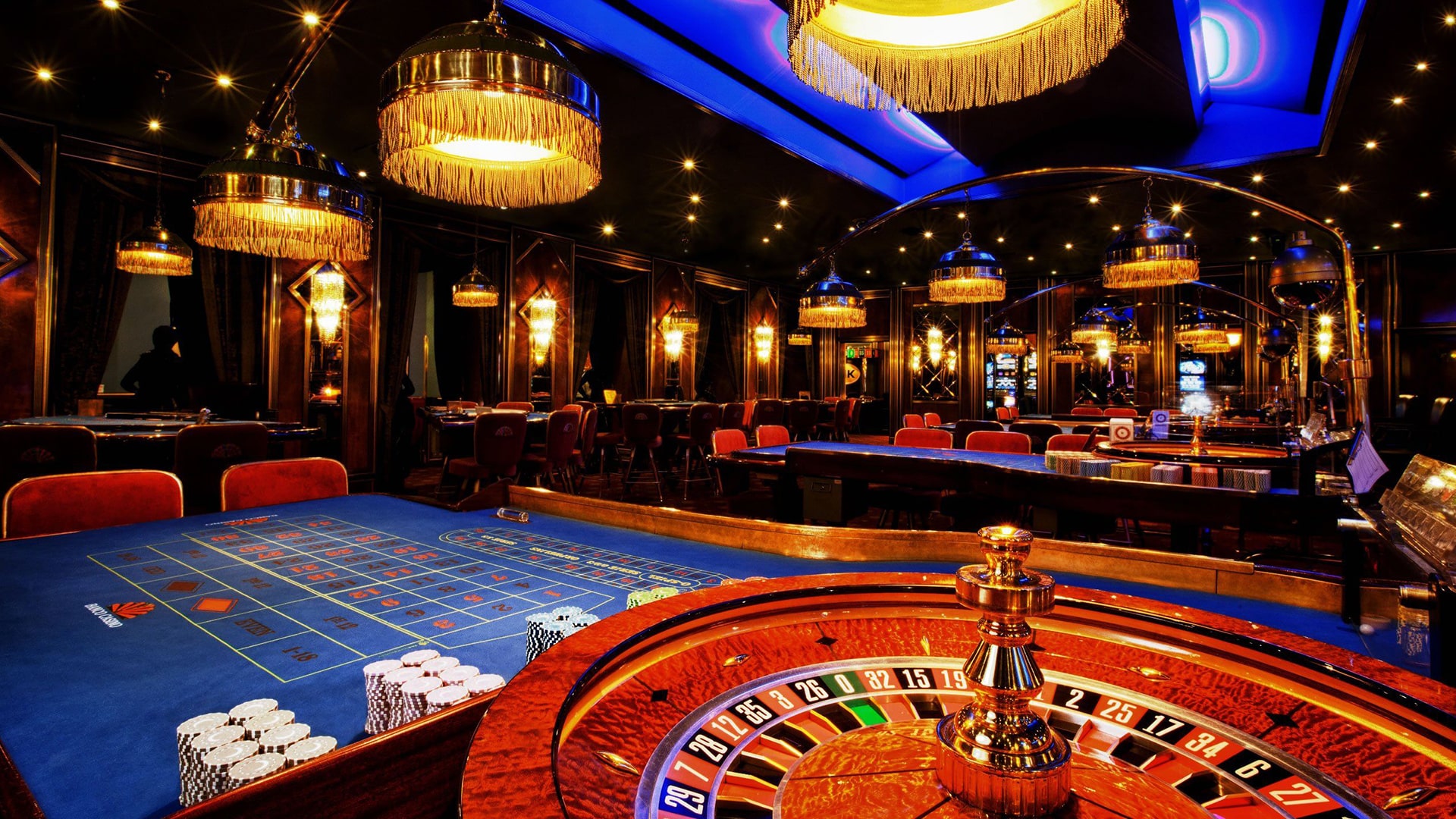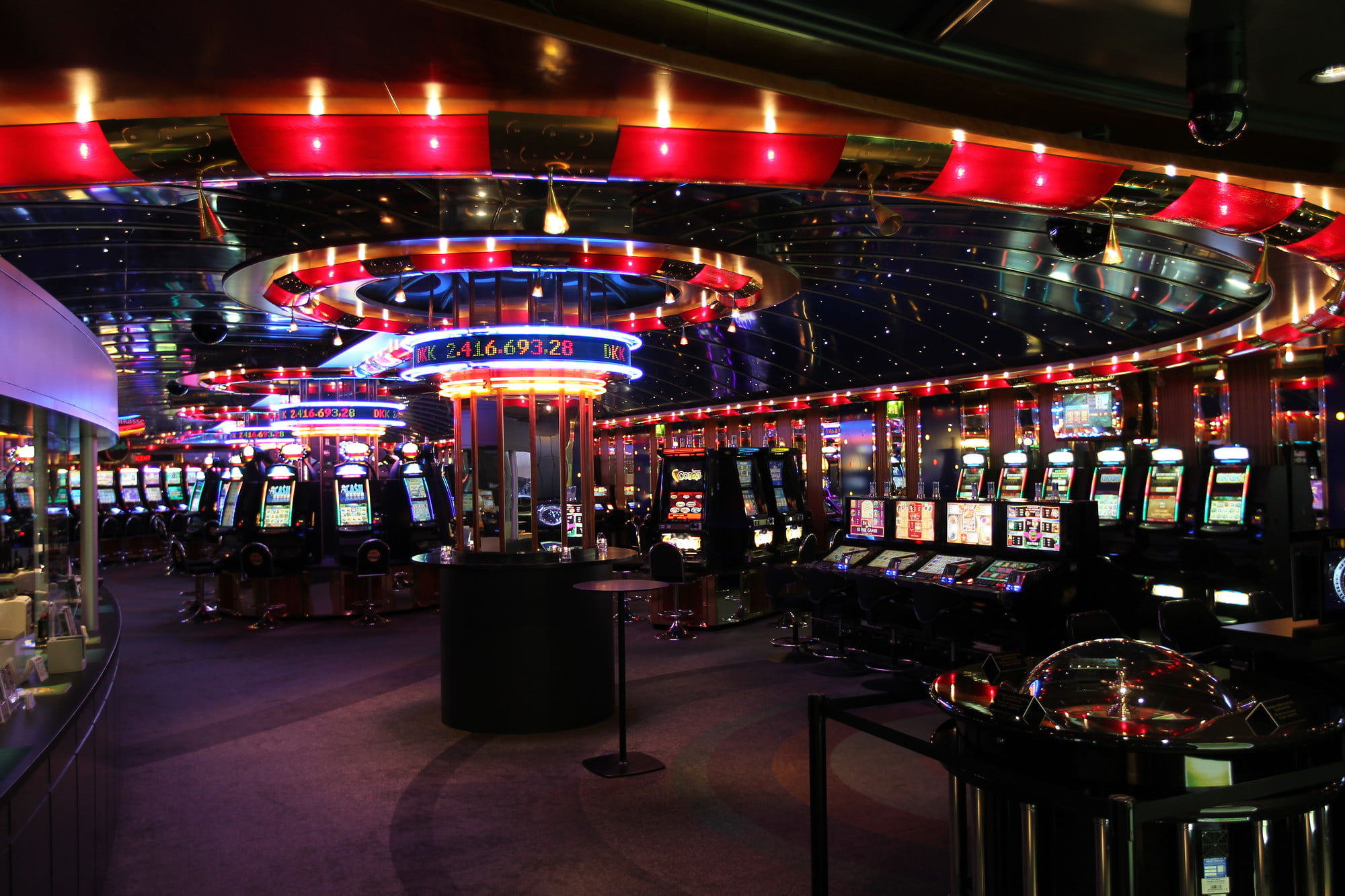
Gambling games have long been a fascinating form of entertainment, drawing numerous of players from different cultures around the globe. From the glitzy casinos of Las Vegas to the busy gambling halls of the Chinese gambling capital, these games serve as a bridge that unites people across various backgrounds. The allure of chance, skill, and gambling entices not only those hoping to win money but also those in search of a feeling of belonging.
The influence of casino games extends far beyond the gaming floor. They often embody the social norms and principles of the cultures in which they prosper. Games such as seven-card stud, 21, and roulette have woven themselves into the fabric of popular culture, influencing everything from films to clothing. As we explore this intriguing intersection of gambling and society, we can gain insights into how these games shape and are influenced by the world around us.
Historical Evolution of Gambling Games
The beginnings of gaming activities can be traced back to old civilizations, where betting in various forms was extensively practiced. In China, around 2300 BC, a form of luck game known as Keno was popular, while in ancient the Roman Empire, soldiers would often bet on the results of their matches. The idea of using luck for entertainment and gain evolved over the centuries, leading to the creation of more structured activities. By the late Middle Ages, gambling houses initiated to surface in European nations, particularly in Italy, which brought forth early incarnations of well-liked activities still practiced today.
As betting expanded recognition in the continent, the 17th and 18th centuries saw the rise of casinos as exclusive locations for betting. The first official gambling house, the Ridotto, was established in the Venetian city in sixteen thirty-eight, featuring games like Baccarat games and Faro games. This time marked a major turning point, as casinos commenced to welcome not just the wealthy but also the burgeoning middle class. The sophistication of games increased, leading to the creation of new guidelines and versions that improved the experience of players.
In the 19th century, the era of industrialization and transformations in social standards further transformed the environment of casino games. The launch of the game of roulette and new slot machines drew a broader crowd, and gaming houses became seen as acceptable entertainment. This time witnessed the globalization of gambling, as casinos extended from European nations to the Americas, culminating in the development of the legendary Las Vegas Strip in the twentieth century. The development of casino games has continued into the modern era, integrating modern technology and digital services, rendering them available to a worldwide population.
# Cultural Importance in Various Societies
Casino games have significant social value within numerous cultures around the world. For instance, in Las Vegas, the very core of the urban landscape is woven around casinos, where gaming is not just a recreational activity but a central aspect of leisure and social interaction. The dazzling lights and dynamic atmosphere attract countless individuals, showcasing how gambling activities can impact local economical structures and cultural uniqueness. This environment transforms the notion of recreation into an immersive encounter that affects style, melodies, and even film.
Conversely, some cultures approach wagering with greater care, viewing it through the lens of ethical beliefs and customs. For instance, in various Oriental communities, games like Mahjong and Pai Gow Poker are rich with history and have significant social relevance. These games are often played during gatherings and celebrations, fostering social ties and solidifying family ties. The act of participating in these games goes beyond mere entertainment, reflecting principles such as honoring elders and the significance of collective enjoyment.
Meanwhile, in European countries such as Monte Carlo and the Italian Peninsula, casino games serve as symbols of opulence and elegance. The stylish atmosphere of these establishments attracts both travelers and residents, maintaining a sense of distinction and rarity. The art of the game of poker and the strategic elements of games like the game of baccarat are esteemed, molding social dynamics and creating an appeal that enthralls a varied audience. This underscores how casino games can simultaneously echo and mold societal views towards risk, benefit, and community interaction.
Economic Impact and Tourism
Gambling activities play a significant role in the financial context of many regions, particularly those that rely heavily on visitor traffic. slots not on GamStop The revenue produced from gambling establishments fuels local financial systems, creating jobs not only within the casinos themselves but also in related sectors such as hotel management, dining, and entertainment. This surge of tourists, drawn by the attraction of games and the overall gaming environment, stimulates expenditure across multiple local enterprises, contributing to the economic vitality of the region.
The existence of casinos often leads to the construction of facilities, including lodging, transportation systems, and recreational facilities. These developments are essential in enhancing the overall visitor satisfaction, making destinations more attractive to visitors. Additionally, many casinos contribute in local communities through support of activities and charitable initiatives, further embedding themselves into the social fabric of the locality. Such contribution not only supports economic growth but also cultivates a positive image of the gambling sector.
In addition, the worldwide appeal of casino games drives tourism competition, with locations vying to attract players from across the globe. Iconic destinations like Las Vegas and Macau have become identifiable with casino culture, drawing millions each year. This advantage encourages creativity and variety within the gaming industry, influencing developments in leisure and accommodation that extend beyond their limits. The ripple effects of this tourism extend wide, impacting local financial health and cultural exchanges on a global scale.


